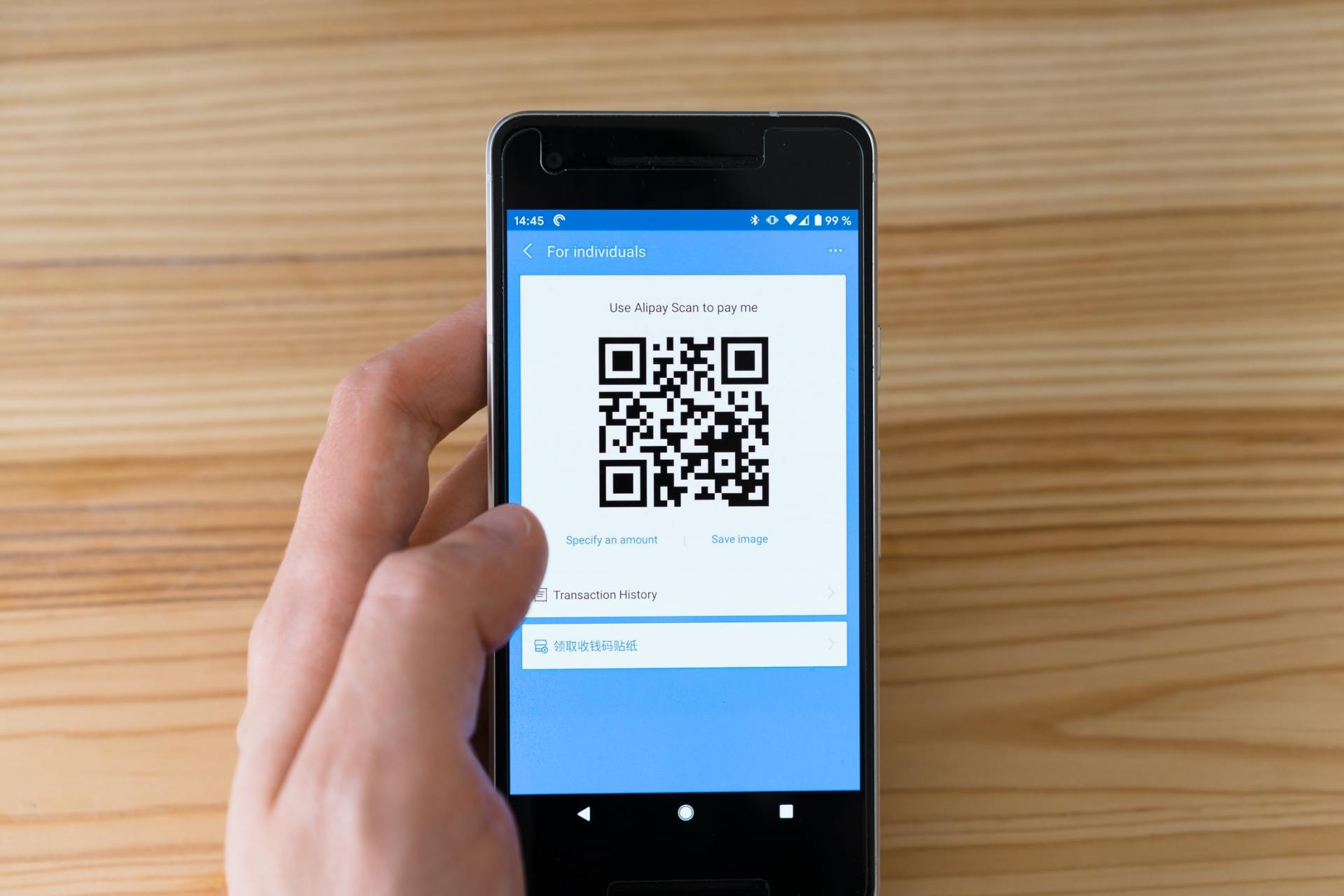How to do payroll for a small business in 5 easy steps
Dr Biz • November 18, 2020
Payroll is one of the least exciting aspects of running a small business. Nonetheless, it is perhaps the most important administrative task you have to undertake as not paying your staff correctly could foster distrust, and even resignations. And, after-all, no staff means no business operations! While payroll can be a complex area, though, understanding your obligations as an employer and then finding a good system to manage the process can help to take the heavy lifting out of it. To help, below we have set out the most important things to consider when setting up or transferring your company payroll.
1. Organise your business details
First things first: incorporate your business! This is important as you will not be able to set-up a payroll without your registered business number, which you will need to include on all of your payroll documentation sent to employees as well as the Inland Revenue Authority of Singapore (IRAS). At the beginning of the payroll process you should also familiarise yourself with the statutory contributions you will have to make as an employer. Besides Central Provident Fund (CPF) contributions, you may also be required to contribute to ethnic funds such as CDAC, ECF, MBMF and SINDA and the Skills Development Levy. In addition, employers hiring foreigner workers have to pay the monthly Foreign Worker Levy
for each employee with a Work Permit.
2. Know payroll filing rules
There are a number of rules about how you must run and file payroll in Singapore which it’s essential to know. Since 2016, for example, the Ministry of Manpower has required all employers to issue itemised payslips to employees that are covered by the Employment Act. These should include the date of payment, basic salary and allowances, overtime pay, salary period, as well as any deductions made. Since 2020, employers with 6 or more workers (or otherwise notified to do so) have also had to submit their employees’ income information to IRAS electronically by 1 March every year. Employers with foreign employees must also get tax clearance by filing form IR21 at least one month before the employee leaves the company or goes overseas for three months or more.
3. Record your employees' data
It is important to ensure that you have all of the correct information for all of your staff, including their current and former names, address and contact details as well as any contributions they must make or are entitled to. Also ensure that you have accurately calculated all of your employees’ salaries, which legally must be paid at least once per month, but can be paid weekly or bi-monthly, as you prefer. Be aware of paid annual leave entitlements too, which range from 7 days up to a maximum of 14 days per year depending on length of service. Sick leave allowance is between 14 days and 60 days for hospitalisation, with the employer expected to bear all or some costs.
4. Find a good system
Once you have the finer details covered, perhaps most important is to put a good system in place that can help you to manage your payroll every month. The most effective strategy is to combine the services of a professional that can help you navigate the many different legal and government requirements with an online, automated system that will make the day-to-day running easy. New online payroll services include Talenox, an Asia based service that can be linked with online accounting software Xero. Dr Biz is a Xero bronze partner and certified advisor, which means we can seamlessly link our services with Xero’s processes, including linked banking streams and online automatic invoicing.
5. Keep up to date and archive
Finally, once you have everything up and running, make sure you regularly update your payroll information, including any relevant changes to your or your business’s circumstances, as well as to your employees’ information. You will also need to archive your payroll information for at least five years for current employees and five years for ex-employees for one year after they have left the company. Make sure you also keep a record of correspondence with IRAS for at least that long as well. Again, you can do this yourself or hire a trusted professional to help you keep good records. If you need any help in that department, don’t hesitate to give Dr Biz a call.
At Dr Biz, we provide tailored and comprehensive solutions for our client's business needs. From incorporation to accountancy, tax and payroll, to professional advisory services, we help businesses in Singapore assess potential risks and become more cost effective and efficient.
To find out more, please feel free to contact us.











